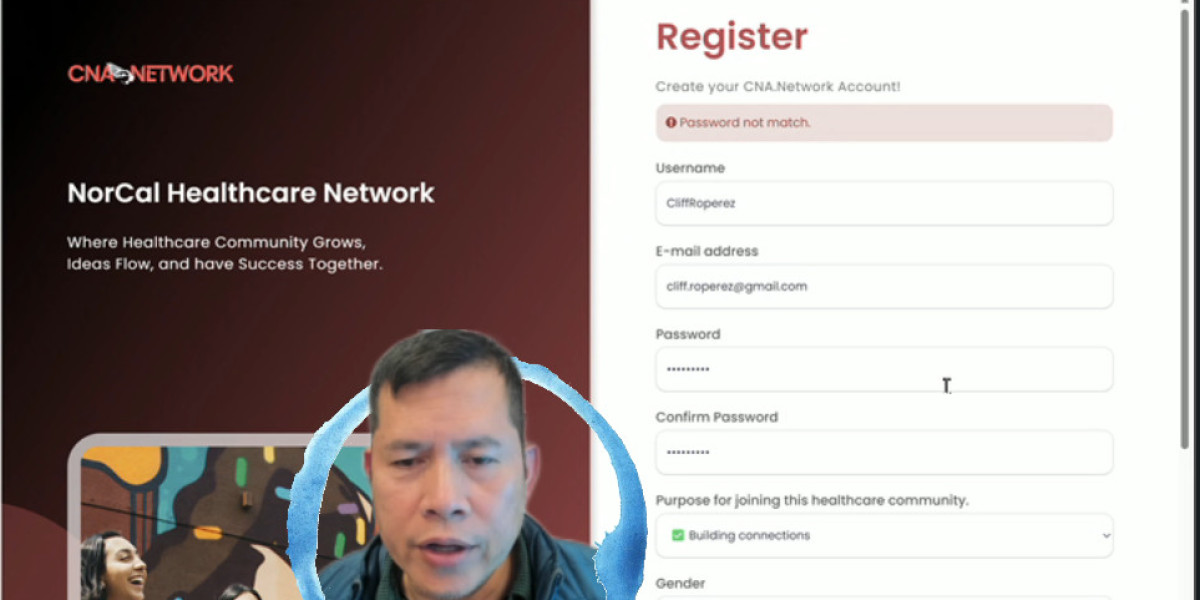
Best Mental Health Assessment: A Comprehensive Guide
Mental health assessments are crucial tools utilized by specialists to assess a person's psychological wellness. These assessments can assist recognize mental health disorders, notify treatment strategies, and track development in time. With the increasing value positioned on mental health awareness, understanding the best techniques for mental health assessment eliminates uncertainty and promotes efficient interventions.
Understanding Mental Health Assessments
Mental health assessments include a range of methods, consisting of clinical interviews, self-report questionnaires, and standardized psychological tests. These assessments assess an individual's cognitive and emotional performance, personal history, and symptom intensity.

Key Components of a Mental Health Assessment
- Clinical Interview: A structured or semi-structured interview carried out by an experienced expert to gather comprehensive individual and family histories.
- Self-Report Questionnaires: Tools submitted by individuals providing insights into their emotions, habits, and mood. Common formats include Likert scales and multiple-choice questions.
- Psychological Testing: Standardized tests that quantify different psychological constructs, ensuring objective measurement.
Each assessment method has its strengths and weaknesses, and a comprehensive evaluation often consists of a combination of these techniques.
Why Assessing Mental Health is Essential
Mental health assessments hold numerous benefits, that include:
- Identifying signs of mental health disorders
- Figuring out the seriousness of signs
- Directing treatment interventions
- Monitoring development with time
- Supporting diagnoses by supplying objective data
Best Mental Health Assessments Available
Selecting the most appropriate mental health assessment depends on different aspects, including the person's age, the particular mental health concerns, and the assessment's function. Below is a table summarizing a few of the best mental health assessments available.
| Assessment Tool | Description | Use Case | Pros | Cons |
|---|---|---|---|---|
| Beck Depression Inventory (BDI) | 21-item self-report questionnaire determining depression symptoms | Examining depression intensity | Short, simple to administer | Limited to depression |
| Generalized Anxiety Disorder 7 (GAD-7) | 7-item self-report tool to evaluate anxiety levels | Evaluating anxiety disorders | Simple scoring and analysis | May miss subtle anxiety symptoms |
| Client Health Questionnaire-9 (PHQ-9) | 9-item tool for screening, diagnosing, and measuring the seriousness of depression | Universal depression screening | Well-validated, widely-used | Does not completely assess comorbidity |
| Mini-Mental State Examination (MMSE) | A 30-point test that examines a variety of cognitive functions | Cognitive evaluation | Quick and easy to administer | Not comprehensive for full assessment |
| Hamilton Anxiety Rating Scale (HAM-A) | Clinician-administered questionnaire assessing anxiety intensity | Clinician evaluations | Comprehensive for clinical usage | Requires training for administration |
| Autism Spectrum Quotient (AQ) | Self-report questionnaire evaluating autism qualities | Screening for autism genes | Useful in recognizing autism spectrum | Might not be conclusive for diagnosing |
Popular Mental Health Assessment Techniques
Apart from standardized tools, numerous techniques can be used for assessing mental health, consisting of:
- Observation: Monitoring the individual's behavior in various settings.
- Household Interviews: Gathering insights from relative to offer context and understanding.
- Cognitive Testing: Assessing cognitive working through different jobs and obstacles.
The Role of Technology in Mental Health Assessment
With the evolution of innovation, digital mental health assessments have actually gotten prominence. Mobile applications and online platforms now provide assessments that individuals can complete remotely, boosting ease of access and convenience. While these tools can be advantageous, it's crucial to be cautious about their recognition and reliability.
Regularly Asked Questions (FAQs)
1. What is the primary purpose of a mental health assessment?
The primary function of a mental health assessment is to assess an individual's mental state, recognize signs or disorders, and guide appropriate treatment interventions.
2. Who should carry out mental health assessments?
Mental health assessments should be carried out by skilled professionals, consisting of psychologists, psychiatrists, or licensed social workers, to make sure accurate diagnoses and effective treatment strategies.
3. Are self-report questionnaires reliable?
Self-report questionnaires can offer useful insights into a person's mental health state, but they might not constantly catch the total photo. A mix of self-reports and clinician assessments is often more efficient.
4. How typically should mental health assessments be performed?
The frequency of mental health assessments differs depending on a person's treatment objectives, stability of mental health, and clinical suggestions; normally, assessments may occur every year or bi-annually.
5. Can mental health assessments be done online?
Yes, many mental health assessments can be conducted online through different platforms and applications. However, people must guarantee these resources are trustworthy and confirmed.
mental health Assessment benefits (www.maxwelllandry.top) health assessments are vital tools in examining psychological wellness and assisting treatment. By employing a combination of clinical interviews, self-report questionnaires, and psychological tests, mental health experts can get a comprehensive understanding of a person's mindset. As technology continues to reshape our approach to mental health, incorporating digital assessments along with conventional approaches can further enhance accessibility and effectiveness. Eventually, these assessments lead the way for people to get the necessary support for their mental health challenges, leading to improved care and outcomes.






